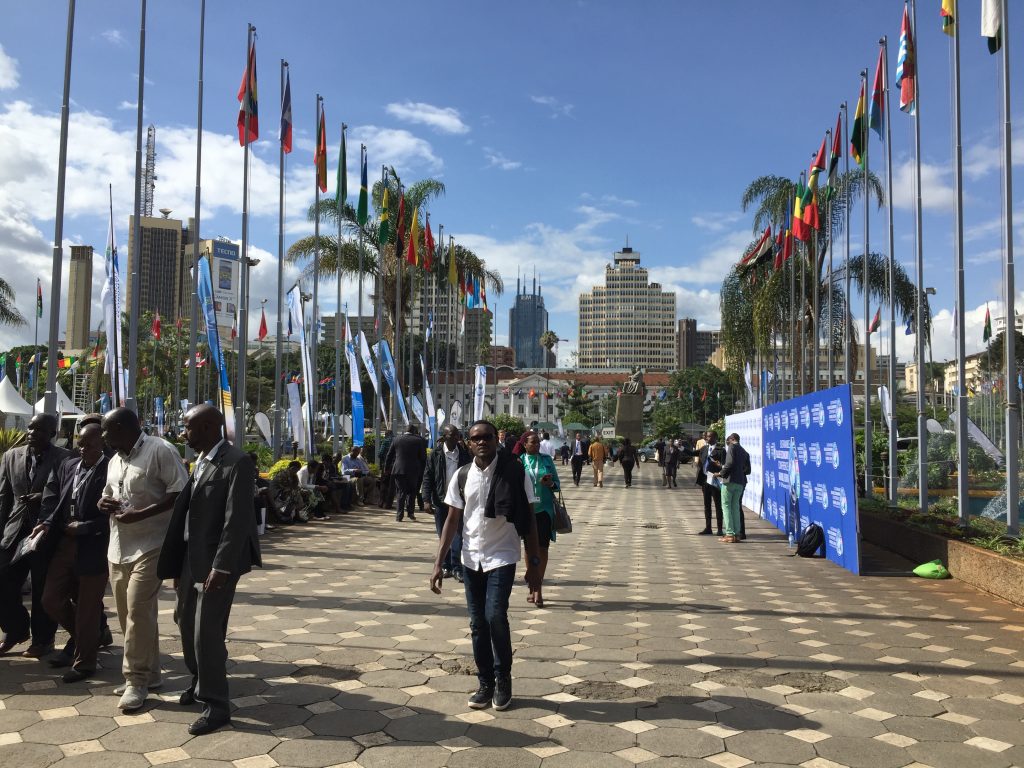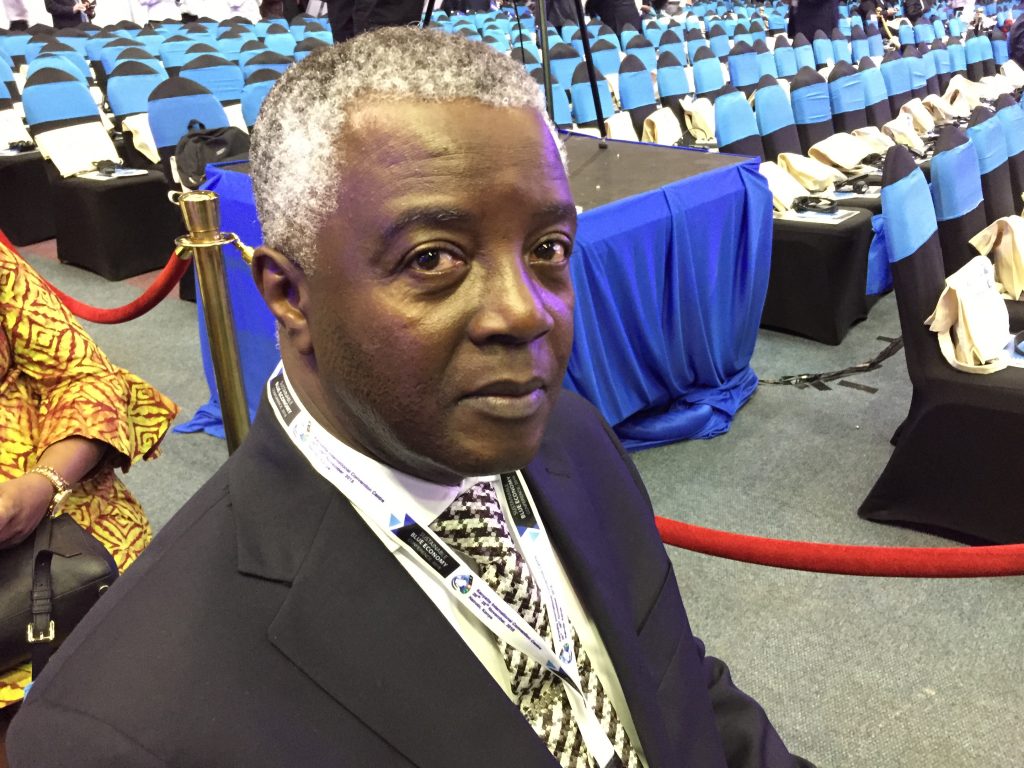Kenya is hosting the first international conference on the blue economy in partnership with Canada and Japan. This conference, supported by the World Bank, aims to harness the potential of the oceans, seas, lakes and rivers to improve the lives of women and youth, and indigenous people living especially in developing countries. Other ambitions: Highlight the latest scientific innovations, and best practices in water conservation for the well-being of future generations, and commit to concrete action with practical actions that enable a global transition to a sustainable blue economy. Not easy. The concept of the blue economy encompasses commercial activities related to the sea, oceans, lakes, rivers. With a risk: climate change and the destruction of the environment by humans. How to obtain a sustainable blue economy? Homa Bay County, located in Nyanza Province, one of Kenya’s seven provinces, is known for its Fishing Harbour. For Hamilton Orata, Vice-Governor, who was present before the opening of the conference, Homa Bay has enormous development potential but must face the consequences of climate change, take into account its neighbours and raise awareness. The County holds 60% of Lake Victoria and shares its waters with Uganda and Tanzania. Interview by Houmi Ahamed-Mikidache

How does your population, especially women, understand the Blue economy?

My people have always lived in the Blue Economy and this is very important for us. Even if it does not include everything that involves the blue economy. Men fish and women take care of the sale. They don’t go fishing, though. They just do the trade. We have a population of 1.2 million people and most of them, living around the lake, depend on its resources.
What do you expect from this conference?
We want the fishery to be seen as an added value to the economic development of our riding. We are a local authority, but we depend largely on the central state. We want to use our resources in depth, taking climate change into account. With climate change, our traditional practices are being challenged: traditional weather is no longer reliable and cannot manage food crops. The rainfall rate is different. There is also a lot of waste in the lake and this is a real challenge we need to pay attention to. Erosion is increasing. What we are experiencing is serious and the three countries must work together to achieve a sustainable blue economy. We did not use Lake Victoria at its optimum level. We also need to use blue carbon capture in our waters as we do with green carbon emissions in forests. Irrigation, too, would be one of the solutions is could strengthen agricultural production. But the treaties and conventions within the African Union are not applied. We must also develop our tourism potential . Becoming a popular tourist destination, such as the Water Front in Cape Town, South Africa, is possible.
What are your actions to preserve the environment?
As a local authority, we protect the environment. We have decided to discourage people from cutting down trees and encourage them to plant trees so that our waters can be protected. We encourage young people to plant trees so that they can feed the lake. That is our strategy for youth and the general population. We encourage them to plant trees around the lake, specifically near water towers. But we lack the means. Our resources are limited.




